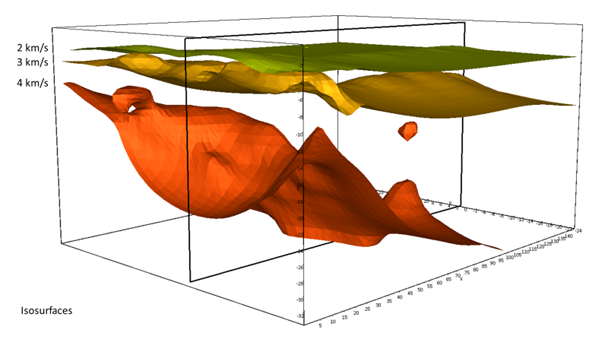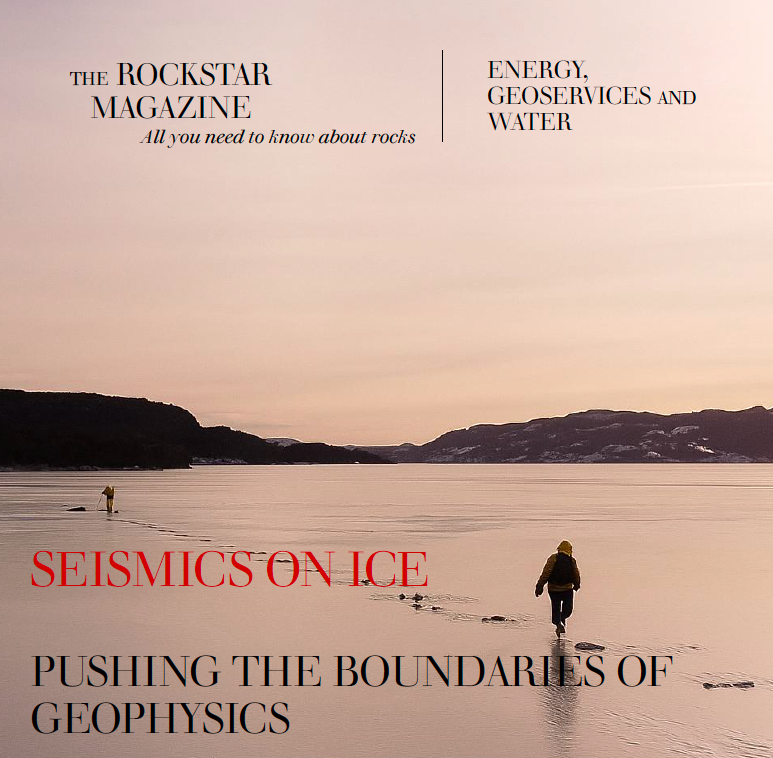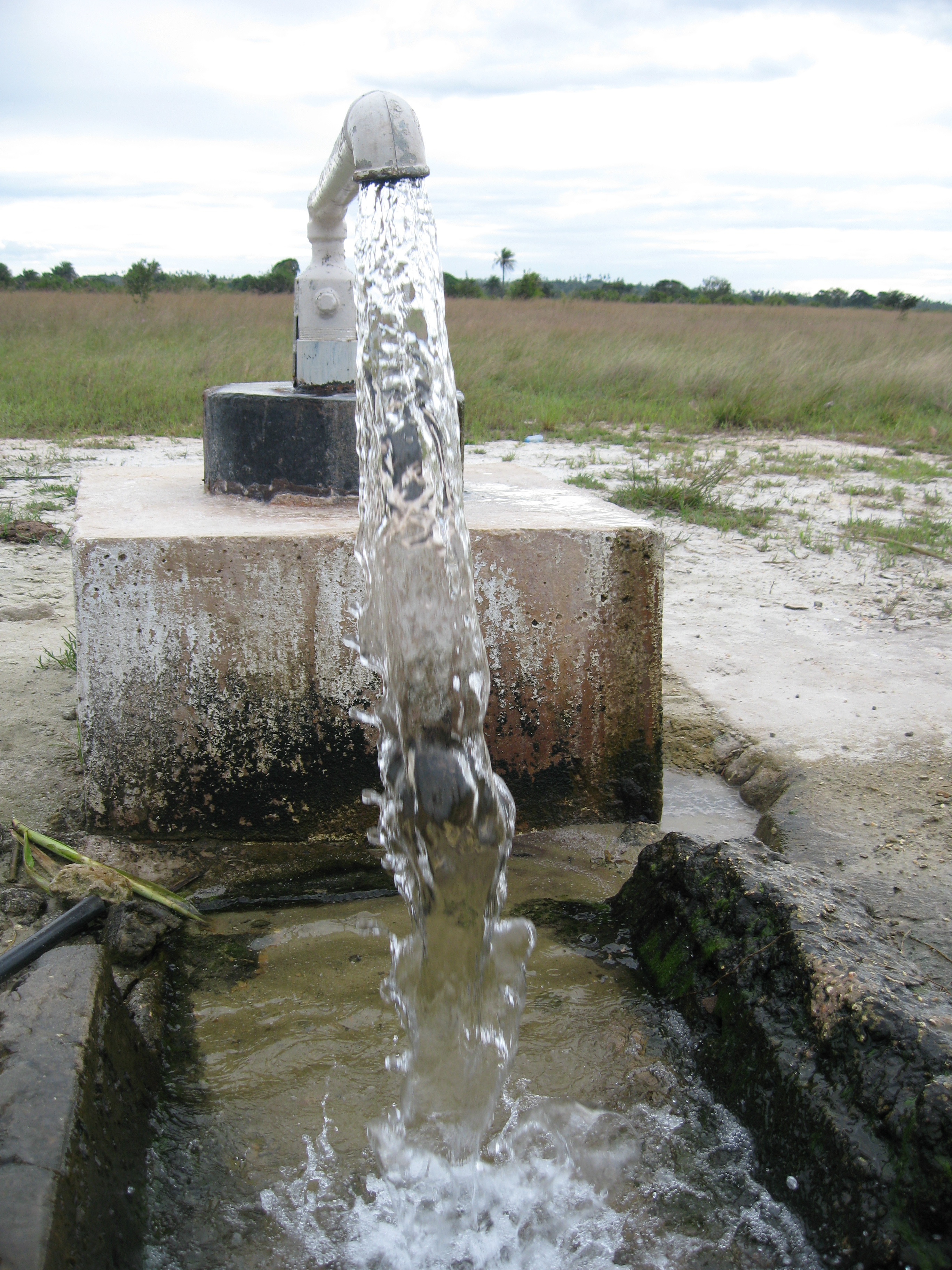Up to 50% of industrial energy output is lost as waste heat globally every year. Waste heat in the EU per year is around 300 TWh per year, more than Italy’s yearly energy consumption!
Ruden Energy turns this waste energy into tomorrows value!
Have a look at Sintef's last paper where they model low and high enthalpy aquifer storage technology (HEAT and LEAT) by Ruden Energy. The MRST tool enables us to test various methods of how we can design our HEAT storage in the ground and helps us to find ideal conditions for well placement and geological conditions.
We have now applied our HEAT technology at the waste incineration plant in Tromsø starting to store thermal energy this winter, turning waste into value!
See full publication here!
We make the green shift happen! Interested in learning more? Contact us on mail@rudenas.com or call Eivind Bastesen at +47 992 30 248


